Election 2020: Presidents, Politics, and Pandemics
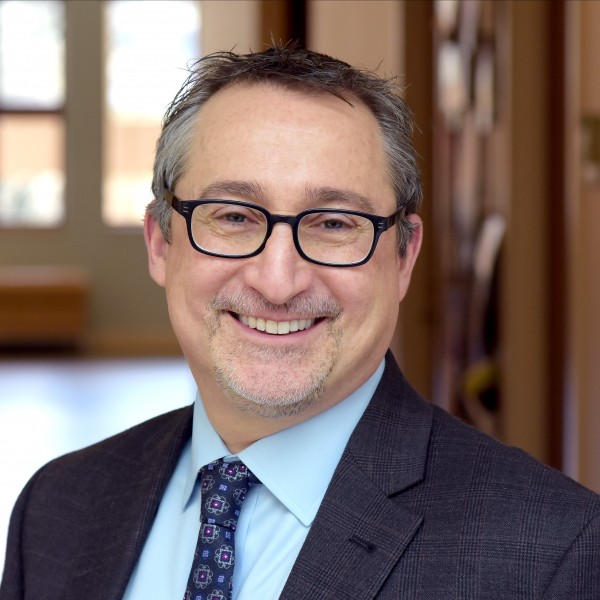
On June 2, Lifetime Learning sponsored a virtual webinar, “Election 2020: Presidents, Politics, and Pandemics,” moderated by Paul Freedman, associate professor in the Department of Politics at the University of Virginia. Mr. Freedman was joined by panelists William (Bill) Antholis, director and CEO of UVA’s Miller Center, and Jennifer Lawless, department chair and UVA’s Commonwealth Professor of Politics, Department of Politics, to discuss the 2020 elections, presidential approval ratings, and the political implications of the COVID-19 pandemic.

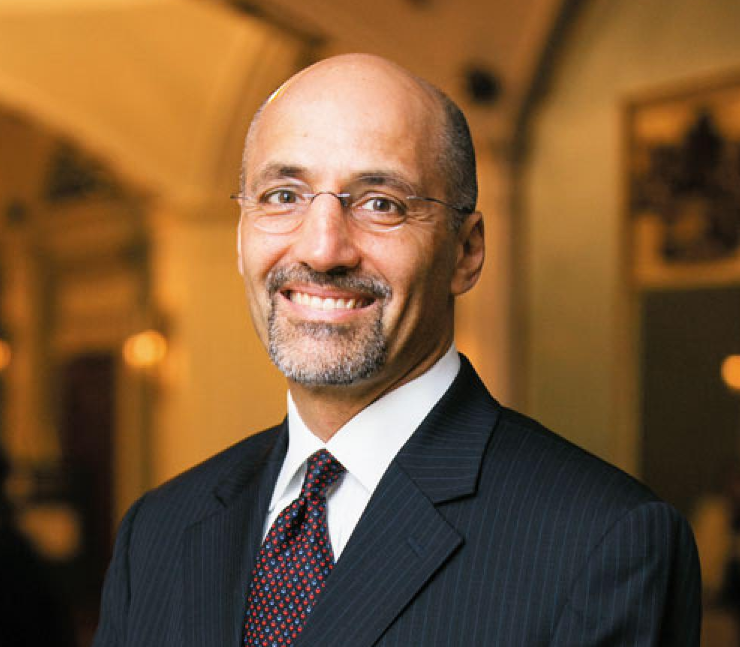
Lifetime Learning is pleased to offer a vodcast recording of this event to alumni, parents, and friends. The event faculty have also contributed written responses to several questions from the live Q&A session, which we share below.
Questions From “Election 2020: “Presidents, Politics, and Pandemics”
Question: How do centrists bring their voices to bear in an environment in which the voices of the left and right dominate?
Answer: If you are a centrist Republican: Support The Lincoln Project, Council on Foreign Relations, AEI, The Bulwark, Republicans for the Rule of Law, Defending Main Street Super PAC.
If you are a centrist Democrat: Support Third Way, Brookings, CSIS, New America, For Our Future Super PAC.
 You could support the Miller Center! We have a diverse range of scholars and faculty drawn from across UVA and from administrations from both parties—and in so doing, you would be supporting UVA. And most UVA departments, including the Department of Politics, also accept support directed toward their work.
You could support the Miller Center! We have a diverse range of scholars and faculty drawn from across UVA and from administrations from both parties—and in so doing, you would be supporting UVA. And most UVA departments, including the Department of Politics, also accept support directed toward their work.
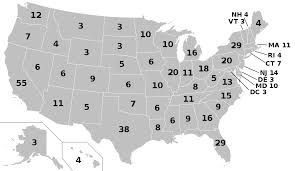
Question: Do you think the electoral college has outlasted its usefulness?
Answer: In its current version, it needs significant reform. But I am not sure I fully favor a pure national plebiscite.
Question: What is your recommendation for media outlets that can give me a well-rounded view of both major political party perspectives and motivations? Any tips for sources of information that do not degrade the “other side”?
Answer (Antholis): I start every day with The New York Times, The Washington Post, and The Wall Street Journal. I read POLITICO Playbook every day, and probably go to the POLITICO website two or three times a week.
On the conservative side, I read columnists from all three papers. Also, National Review includes a range of conservative voices, both pro and anti-Trump. I also go two or three times a week to Real Clear Politics, which has a slight conservative lean, but includes links to articles from a range of publications. They lean to the right in that they post a few outlets that are not as well established – the Federalist, The New York Observer, RedState blog, etc. But they do not republish Brietbart pieces.
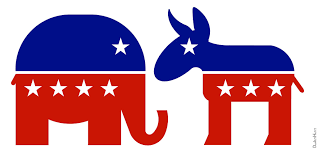 On the liberal side, The Atlantic in my mind has been the most consistently insightful in the last three years. They have just reduced some staff and I am not sure why they have not met market success with their consistently high output. In The New Yorker, I always read Susan Glasser and Evan Osnos, whatever they write. David Remnick, the editor, still produces great content from time to time.
On the liberal side, The Atlantic in my mind has been the most consistently insightful in the last three years. They have just reduced some staff and I am not sure why they have not met market success with their consistently high output. In The New Yorker, I always read Susan Glasser and Evan Osnos, whatever they write. David Remnick, the editor, still produces great content from time to time.
Answer (Lawless): Bill’s list looks a lot my mine. I would add Political Wire, which is an excellent source of headlines and snippets from all major media outlets and often includes local newspapers. In addition, I watch the three Sunday morning shows, and regularly scan the The Boston Globe and Los Angeles Times, where regional political news does not always make it to the national papers.
Answer (Freedman): I am interested in journalism, broadly construed. That is, media outlets (often but not always rooted in legacy newspapers) that practice actual journalism, guided by professional norms and practices (even when those norms and practices are called into question or become the source of controversy). For example, I want to get my news from a source that regularly publicizes its own errors and publishes corrections (if your news source does not do this, you should ask: why not?). So, like my colleagues, my list includes the online editions of national newspapers like The New York Times, The Washington Post, The Wall Street Journal; but, like Jen, I frequently look at regional and local papers as well. It is important to note that the COVID-19 pandemic has been hard on journalism, with news outlets across the country seeing layoffs, furloughs and, in some cases, facing bankruptcy. This is on top of a longer-standing crisis in journalism, with news outlets, especially at the local level, struggling for survival.
Question: What issues related to Coronavirus do you think the candidates SHOULD be addressing, but are not? For example, where should unemployed gig workers and those in hospitality, entertainment, and other services look for their next jobs?
Answer: The three big, HARD complicated and not-easy-to-solve COVID issues moving into the election, I believe, are going to be:
All three of those issues are essential. None is as easy as the president or his critics want to make it.
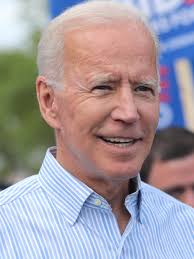
Question: Any chance there may be a brokered convention?
Answer: Only if Joe Biden gets sick (or worse). He has locked up the nomination.
- Stay on Track: Turning Resolutions into Results
- From “Jimmy Who?” to “What Would Jimmy Do?”
- Washington’s Bold Gamble: Christmas Day 1776
- Increasing Your Impact With Planned Giving
- UVA Club of Boston: UVA Men's Basketball Game Watches
- UVA Club of New Mexico: Cavs Care - Roadrunner Food Bank
